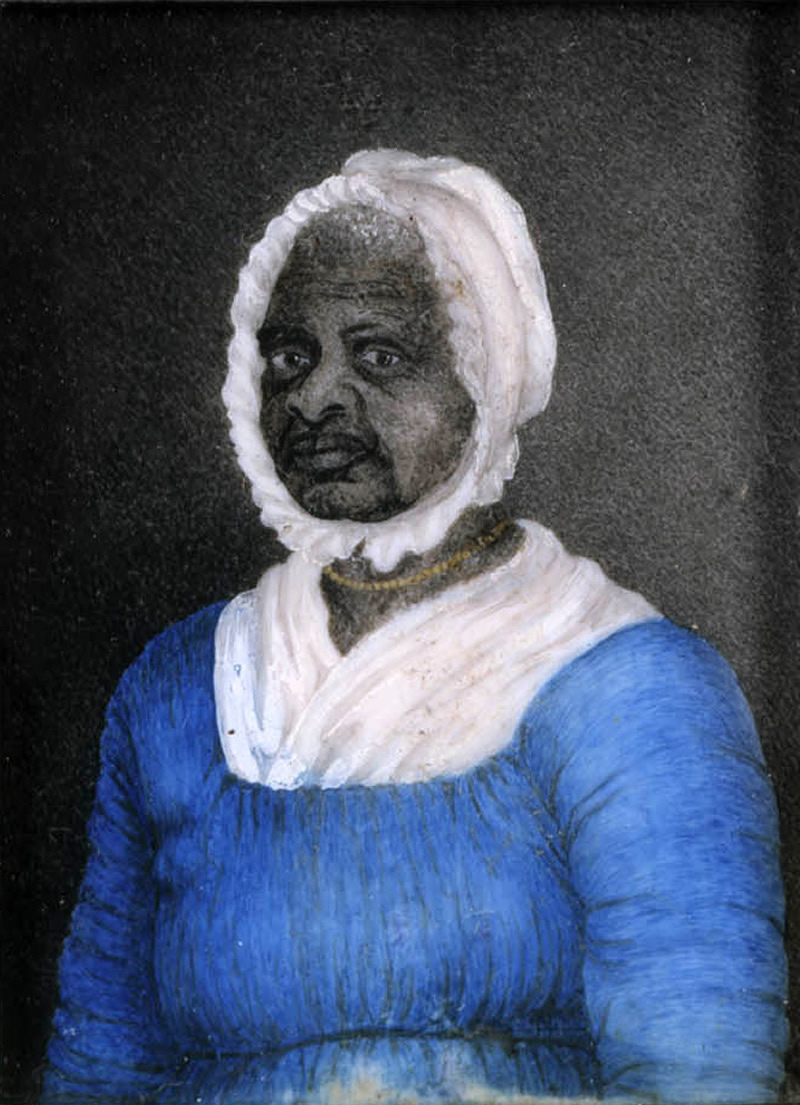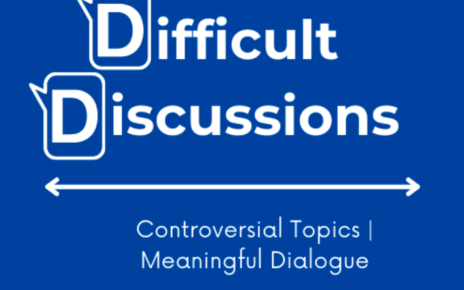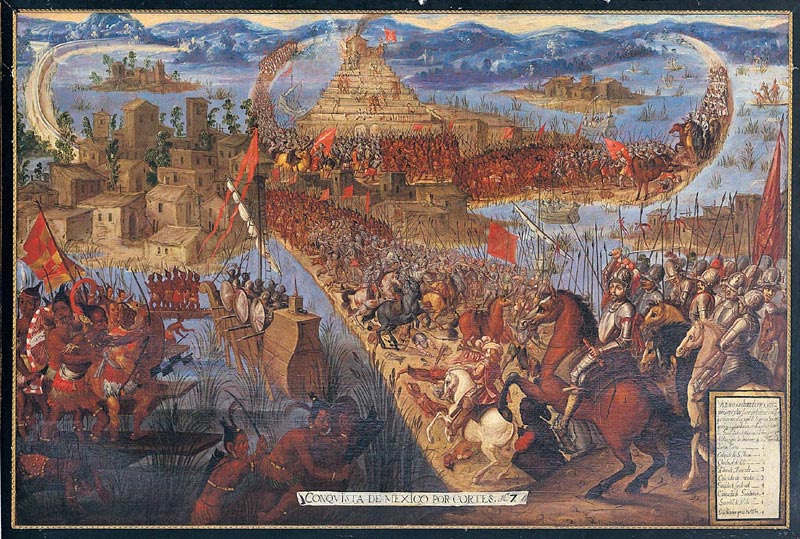It’s time to get real when we talk these days about race and racism.
Ever since the murder of George Floyd in Minneapolis in the late spring of 2020 at the hands of police and the ensuing protests, mass calls for racial justice, and outbreaks of urban mayhem, much of the dominant public discourse has been about the deep-reaching legacy of white-on-black oppression. Phrases such as “structural racism” or “white fragility” or “de-policing” have overnight begun proliferating as a matter of course in both academic literature and political speechmaking.
At the same time, the once obscure university sub-discipline of “critical race theory” has now become a household word and serves as a lightning rod for ideologues on both the left and right with grassroots activists springing up in town council and public school meetings viciously polarized over whether the subject matter should be taught to second graders. This past summer the Southern Baptist Convention, the largest body of US evangelical Christians, was nearly torn apart by turbulent debates over whether “CRT”, the routine acronym for critical race theory, was compatible theologically with the gospel and proved to be the very litmus test in deciding who would be the new crop of denominational leaders.
Whitestone Publications, specifically The New Polis and The Journal for Cultural and Religious Theory, have launched a two-pronged project for September to open up for all sides what it hopes will be an ongoing and unprecedented set of dialogues over such compelling questions as :
- What really do we mean by “race” and “racism”, and how has it manifested, and continued to manifest over the years?
- What exactly is “critical race theory” (slogans and simplisms aside) and what genuine role should it play in coming to grips with racial oppression and inequity, then as well as now?
- How do changing demographics and new socio-political constellations challenge the debate itself?
Critical Conversations – “Whiteshift,” Or The The Dynamics Of Race And Populism With Eric Kaufman
Critical Conversation No. 11 engages world-renowned Canadia demographer Eric Kaufman, Professor of Political Science at Birkbeck College, University of London, whose book Whiteshift is described by The Kirkus Review as “an encyclopedic treatise on ethnic identity, immigration and its consequences”.
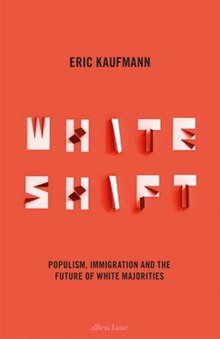
When? Tuesday, September 28, 10-12 am Mountain Daylight Time, 6-8 pm Central European Time.
Once you register, you will automatically receive a participation link.
Whiteshift argues that ethno-demographic change is reconfiguring western politics from left-right economic questions to ‘nationalist-globalist’ cultural divisions, leading to the rise of national populism. Immigration is a central battleground. Rising diversity also tends to be accompanied by the voluntary segregation of majority populations, geographically and socially.
This is occurring at a time when left-modernism, a hybrid of liberalism and socialism, has established hegemony in elite institutions. Left modernism, by restricting the range of acceptable positions (especially on immigration) that mainstream parties or candidates can espouse, created a market for national populists. Once populists emerge, left-modernism reacts against it, producing a progressive moralist backlash which can result in calls for speech restrictions against national populists. This in turn energizes populists, producing recursive polarization.
While ethnic majorities can fight change through anti-immigration politics, flee it through residential and social avoidance, and repress concerns through political correctness, a fourth response is to join the newcomers in marriage and via the assimilation process. The mixed-race population is the fastest growing one across all countries, and will form the majority of most western populations next century. I argue that this new majority will largely identify with the myths, symbols and collective memories of current white majorities leading to a blurring of racial boundaries but also a continuation of majority of ethnicity rather than the rise of a polycentric multi-ethnic society like Guyana, Dubai or Hawaii.
Finally, there is a normative claim that ethnic majority identity is as valid as minority identity, and that we need to permit the moderate expression of majority group self-interest – as distinct from hostility to outsiders – and cease stigmatizing this as racist. This means that cultural concerns will need to be recognized in the setting of immigration policy, permitting those who want faster and slower change to reach an accommodation.
Difficult Discussions – Christian Evangelicalism And Critical Race Theory
When? Thursday, September 23, 10-12 am Mountain Daylight Time
Special Guests: Soong-Chan Rah, Fuller Seminary; Jason Alvis, University of Vienna; Scott Coley, Mount Saint Mary’s University; Joshua Ramos, Houston Community College; Todd Littleton, Pastor, Snow Hill Baptist Church (Oklahoma).
Moderator: John Zivojinovic, Colorado Community College System
Respondents: Alyssa Putzer, Whitestone Publications; Jared Lacy, Whitestone Publications; Rachel Foley, Whitestone Publications; Dianna Able, Whitestone Publications; Suhayb Yunus, Whitestone Publications; Gabe Parker, University of Denver; Kev Grane, University of Denver.
Political polarization has reached white heat in America, but it is also a growing force outside the United States, even in the developing world. Political scientists and social theorists have pointed to a broad spectrum of factors that explain these spreading fractures and divisions – deepening economic inequalities, the siloing of information sources and a narrowing of cognitive perspectives due to the impact of social media, historic patterns of racial oppression, the irreconcilability of moral stances and religious world views.
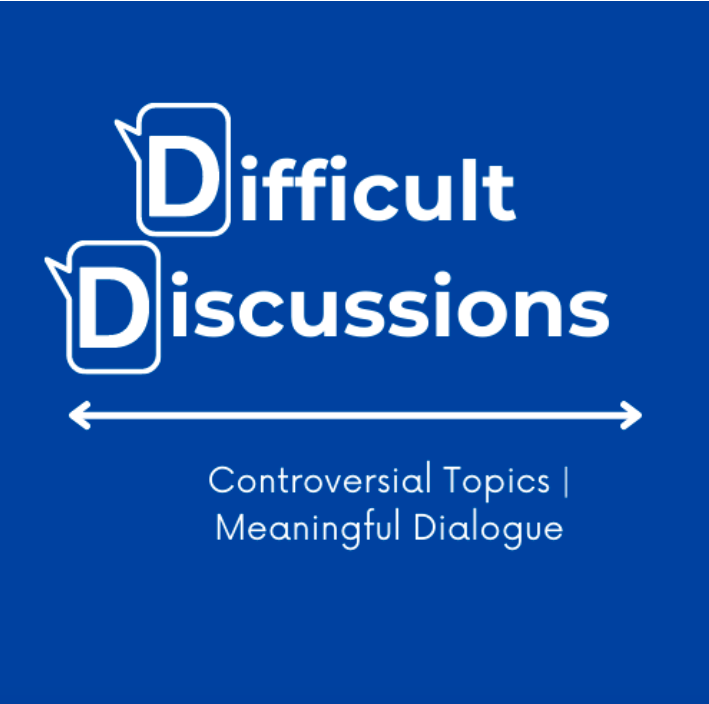
Difficult Discussions is a project of Whitestone Publications, which includes The New Polis. It is designed both to probe surgically and courageously into the sources of these differences and to seek a modicum of rational conversation with the aim of extracting some slender threads of agreement, even among the most hardened partisans.
Each Difficult Discussion focuses a current topic that has already generated considerable publicity and intense controversy. It brings both experts and educated lay persons together from different sides of the ideological spectrum to engage with each other in a thoughtful, civil, and hopefully constructive manner.


